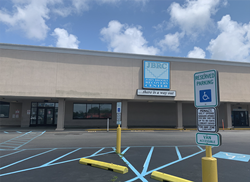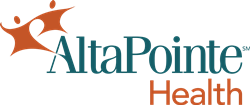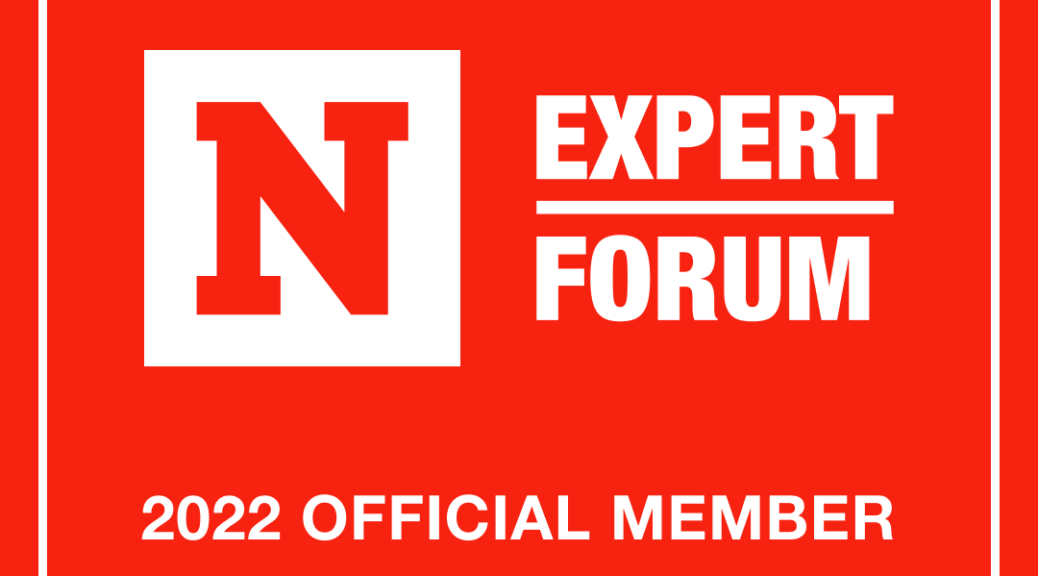GLASGOW, Mont. (PRWEB)
March 14, 2022
Ideal Option, a national leader in outpatient treatment for addiction to fentanyl, methamphetamine, alcohol and polysubstance, is now welcoming patients from the Wolf Point, Fort Peck, and Glasgow areas. The new clinic, located at 74 4th Street N., will provide evidence-based, FDA-approved treatment with medications such as Suboxone.
Due to the severe economic and emotional hardships imposed by the pandemic, substance use and overdose deaths have increased nationally, and Montana is no exception. According to the CDC National Center for Health Statistics, there were 164 drug overdose deaths reported in MT during the 12-month period ending in March 2021, a 16% increase from the 141 deaths reported during the same period the year before. On top of that, as reported by SAMHSA, 92% of Montanans with a substance use disorder are not receiving treatment.
According to a study by the National Institute on Drug Abuse (NIDA), overdose deaths involving methamphetamine have nearly tripled in recent years, with studies showing the greatest increases among American Indians/Alaska Natives. One of the authors of the study, NIDA Director Nora D. Volkow, M.D. stated, “Public health approaches must be tailored to address methamphetamine use across the diverse communities at risk, and particularly for American Indian and Alaska Native communities, who have the highest risk for methamphetamine misuse and are too often underserved.”
By expanding into Glasgow, Ideal Option will make addiction treatment more accessible for residents of Wolf Point, the largest community on the Fort Peck Indian Reservation.
“Among our Montana patients, about 50% consistently tested positive for methamphetamine at enrollment in 2021,” stated Victoria Collier, NP, an Ideal Option addiction medicine provider in Montana. “Due to lack of resources and transportation, many people on the Fort Peck Indian Reservation have not been able to get the help they need. Opening in Glasgow allows us to expand access to low barrier medication-assisted treatment to a population that desperately needs it.”
The new Ideal Option clinic in Glasgow is open Monday – Thursday, 7:30 a.m. – 6 p.m. and is located at 74 4th Street N., Glasgow, MT 59230.
Most forms of insurance are accepted, including Medicare and Medicaid, and patients can typically get started on treatment for fentanyl, heroin, alcohol or other substances within 1-3 business days.
Patients can make an appointment by calling 1.877.522.1275 or visiting http://www.idealoption.com.
About Ideal Option
Headquartered in Kennewick, Washington, Ideal Option was founded in 2012 and has since helped more than 50,000 patients through a network of over 70 office-based medication-assisted treatment (MAT) clinics across 10 states. With a mission to serve under-served communities, Ideal Option accepts all forms of insurance including Medicaid and Medicare. Financial assistance and payment plans are also available.
Ideal Option’s team of medical providers carry certifications in Addiction and Emergency Medicine, Internal, and Family Medicine, among other specialties. The company also employs social workers, caseworkers, counselors, and mental health practitioners. This holistic approach helps drive positive outcomes, including family stability, stable housing, improved overall health, and reduced rates of recidivism.
In all the communities it serves, Ideal Option collaborates with existing stakeholders and providers to improve the continuum of care. This approach includes partnerships with emergency rooms and county jail systems, where individuals with substance use disorder often appear, as well as collaborating with numerous support agencies and municipal programs addressing social needs such as housing, mental health, and nutrition support.
Share article on social media or email:










